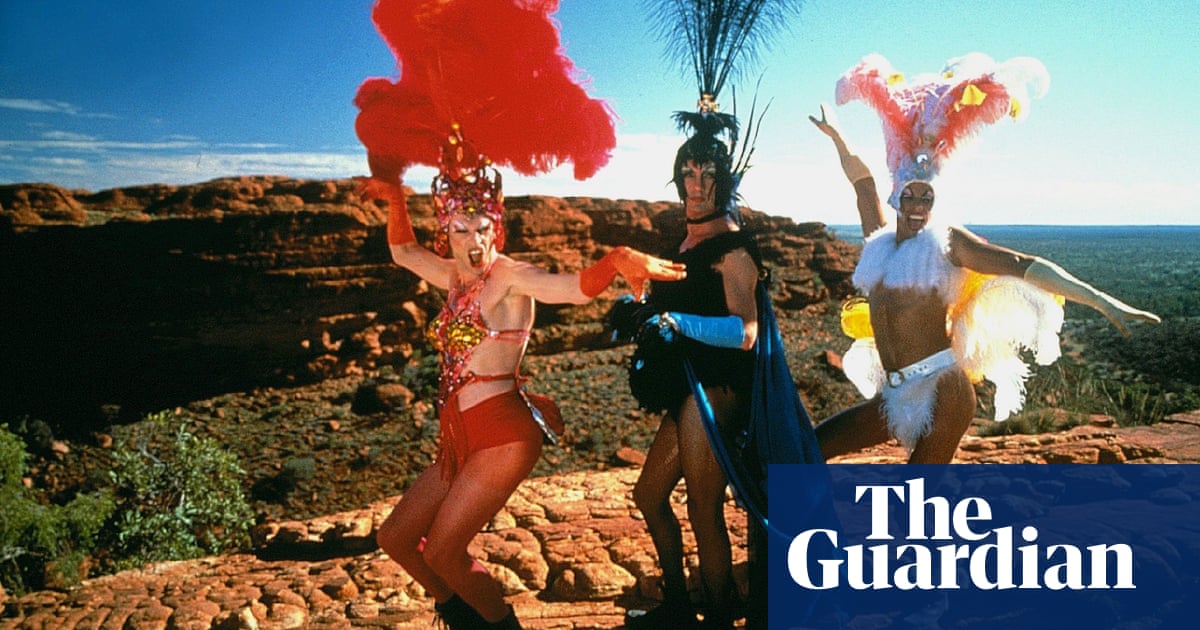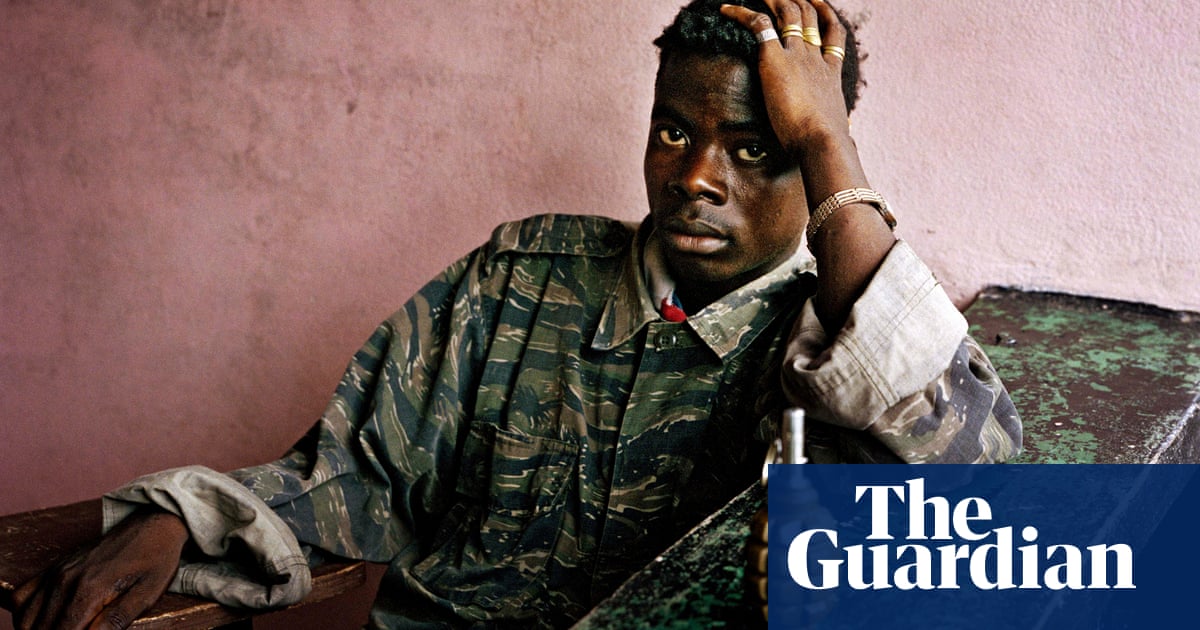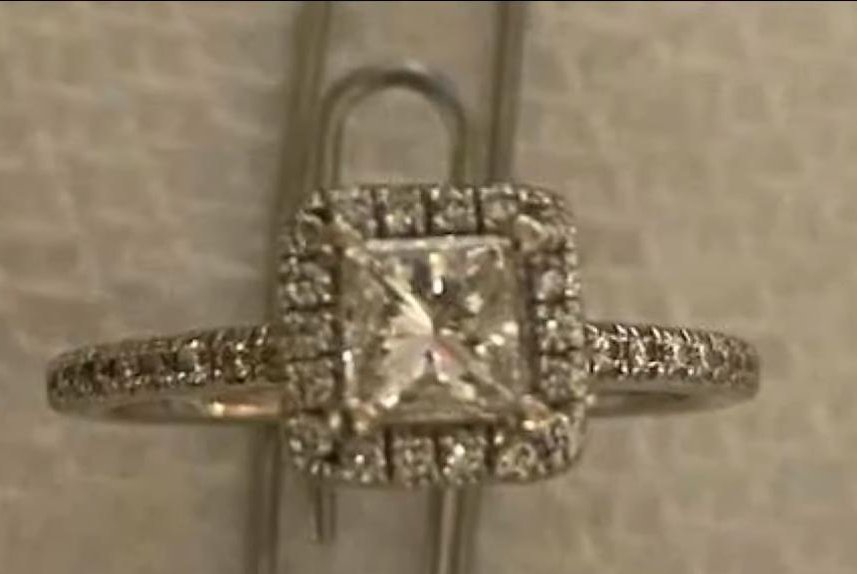
The ‘1899’ Team Already Knows How the Show Is Going to End
[Editor’s Note: The following interview contains spoilers for “1899″ Season 1.]
There’s a point in the first episode of “1899” when two characters are introduced in a very particular way. As the boarding party from the giant steamship Kerberos returns back to deck with news from the nearby, abandoned Prometheus, they carry a young boy (Fflyn Edwards) with them. Meanwhile, closer to the ship’s hold, a mysterious figure Daniel (Aneurin Barnard) climbs on board, soaked wet from his own journey to get there.
For anyone who’s seen writer Jantje Friese and director Baran bo Odar’s previous series “Dark,” it might as well be a neon sign. And Friese and bo Odar know exactly how they’re using it.
“There are a lot of people who watched ‘Dark’ who are used to the way that we code things and how we hide things. We had lots of readers on the scripts already saying, ‘Okay, so Daniel is actually The Boy.’ But guess what? That’s not what it is,” Friese said.
It’s the kind of winking storytelling playfulness that pops up at various points throughout this opening season of Netflix’s “1899.” Even as its characters wrestle with massive ideas about trauma, memory, mental health, and psychological control, “1899” maintains a certain thrill of discovery as the show’s layers get pulled back.
The best example might be at the end of Episode 2, when a short, pre-closing credits shot shows the core “1899” characters on a wall of video screens in some secret location. Despite some early indications that all is not as it seems on the Kerberos, going from “closing year of the 19th century” to “mysterious surveillance camera feed” is a jarring jump, one delivered entirely on purpose.
“For us, it was important that in the first episode, really from the get-go, you feel unbalanced. It does feel a little bit like an 1899 historical drama piece, but something is off,” Friese said. “What we constantly do is play with expectations. You read a code and you expect something and you feel safe in that. You think you figured it out. We’re breaking that expectation, and then hopefully giving you a satisfactory answer. At least at the end of Season 3, but hopefully already during the very first season.”

Emily Beecham in “1899”
Netflix
Another massive leap happens in the season’s closing minutes, as members of the cast move to a different kind of ship in an entirely different century. If the show does continue for a Season 2, it’ll already be a third of the way to its ultimate destination, according to Friese and bo Adar. And there are already details in the show that they’ve dropped in to help them as they get later in the potential “1899” run.
“We are giving a big answer in Episode 7 in Season 1. It’s not a constant, ‘Yeah, we fool you’ and then you see it in Season 3,” bo Odar said. “Season 1 is about establishing a big theme, a big thing. Let’s see if there’s a Season 2, and then we’ll start playing with that theme, and have a resolution ideally in third season. Again it’s, like ‘Dark,’ meant to be told in three seasons.”
“We always know the endpoint, the ending of the journey, the biggest reveal of them all. Apart from that, during the process, you just find pieces that aren’t included in Season 1 yet, but you know that you want them to be incorporated at some point. It’s having some cornerstones to go to and knowing where you’re heading, but also being flexible to the things that happen around you to act as input,” Friese said.
Having that roadmap with partial answers meant an added acting challenge for some of the cast. As Maura, the Kerberos passenger featured in the opening episode who becomes an anchor for the rest of the season, Emily Beecham had to play those reveals and discoveries without tipping her own hand too early.
“For Emily the actress, it was tricky because there’s more to that reveal in Episode 7. It’s not just, ‘And…it’s this.’ There’s a reason why it is what it is, especially rooted to her character,” bo Odar said. “She had all the information, but had to play Maura not having that information. It was really challenging, and I think she did a fantastic job. In writing and directing and acting, I think Maura was the most challenging, but also the most fun to play with.”
Setting all that up meant approaching the introduction of Maura and the rest in a specific, nearly-uniform way. With each episode starting out with one of the Kerberos passenger’s backstories, the question became how to introduce each of their past tragedies into the overall tapestry of the show.

<
p id=”caption-attachment-1234783744″>”1899″
Netflix
“That was already in the concept phase. We usually start with theme and then we build the world and put characters in. One of the very early processes was finding those characters. And in the beginning, they didn’t even have names. They were more like functions. Virginia was called ‘The Lady Pimp.’ Ling Yi was called ‘The Fake Geisha,'” Friese said. “I shuffled around a lot with Episode 2 and 3 and 4. But it was always clear that there was going to be one character each episode where we reveal something about that backstory, so that was already in the concept phase before we went into the writers room.”
One of the most pivotal people in this giant web of an ensemble cast is the young boy, Eliot. Putting so much of the emotional and narrative weight on the shoulders of a younger performer is always a gamble. But Friese and bo Adar quickly discovered that Edwards was more than capable of handling that burden.
“The problem you usually have with child actors is that they can’t hold their eyeline. They just gaze off somewhere else. That’s the trickiest thing, but not so with Fflyn. He always knew where he needed to look at and he wasn’t falling out of the role,” Friese said.
“Fflyn did such a fantastic self tape. It blew our minds. I think he’s so talented. I kept saying on set that he’s the most talented actor, even among the adults,” bo Odar said. “He’s very emotionally wise. I mean, he’s still a kid, but he’s almost like an adult. He understands human behavior and he knows how to use his emotional background: pain, fun, love, hate, whatever to get into a mood. Which scared me to be honest, because, again, he’s so young.”
For as much as there is in these first eight episodes, that ending does invite many more questions than it answers. In any future Season 2, bo Odar reiterated that the point of “1899” is not to withhold. In many ways, the keys to this season — the triangles, the bug, the crystals — were all hiding in plain sight.
“From ‘Dark,’ we really think the audience is smart and can have fun with puzzles. So we don’t want to fool them,” bo Odar said. “We rather want to play a trick in front of them, showing them that, of course, it’s a trick. You just still haven’t figured out what the trick is.”
“1899” Season 1 is now available to stream on Netflix.



















































